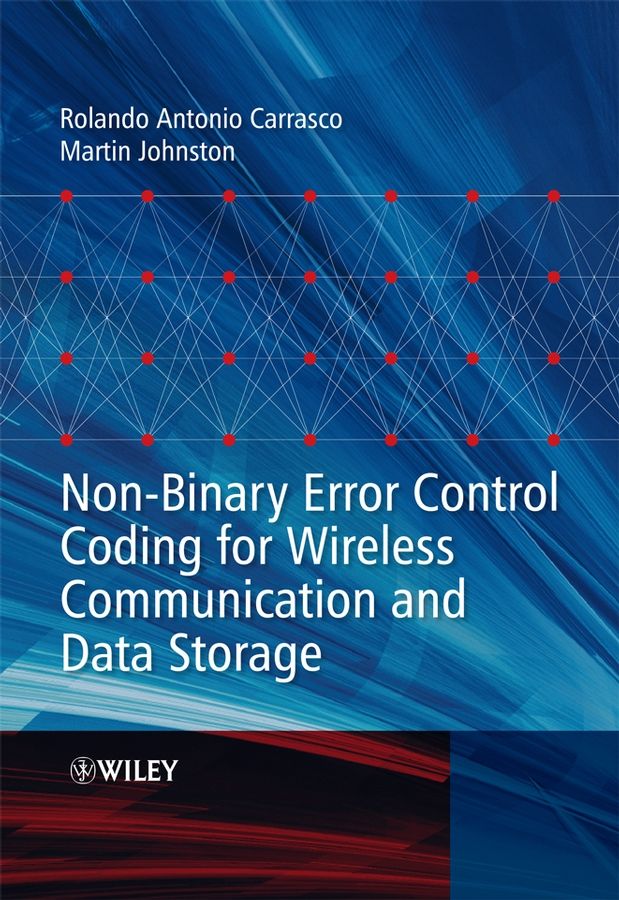<b>Comprehensive introduction to non-binary error-correction coding techniques</b> <p><i>Non-Binary Error Control Coding for Wireless Communication and Data Storage</i> explores non-binary coding schemes that have been developed to provide an alternative to the Reed – Solomon codes, which are expected to become unsuitable for use in future data storage and communication devices as the demand for higher data rates increases. This book will look at the other significant non-binary coding schemes, including non-binary block and ring trellis-coded modulation (TCM) codes that perform well in fading conditions without any expansion in bandwidth use, and algebraic-geometric codes which are an extension of Reed-Solomon codes but with better parameters.</p> <p>Key Features:</p> <ul> <li>Comprehensive and self-contained reference to non-binary error control coding starting from binary codes and progressing up to the latest non-binary codes</li> </ul> <ul> <li>Explains the design and construction of good non-binary codes with descriptions of efficient non-binary decoding algorithms with applications for wireless communication and high-density data storage</li> </ul> <ul> <li>Discusses the application to specific cellular and wireless channels, and also magnetic storage channels that model the reading of data from the magnetic disc of a hard drive.</li> </ul> <ul> <li>Includes detailed worked examples for each coding scheme to supplement the concepts described in this book</li> </ul> <ul> <li>Focuses on the encoding, decoding and performance of both block and convolutional non-binary codes, and covers the Kötter-Vardy algorithm and Non-binary LDPC codes</li> </ul> <p>This book will be an excellent reference for researchers in the wireless communication and data storage communities, as well as development/research engineers in telecoms and storage companies. Postgraduate students in these fields will also find this book of interest.</p>
Non-Binary Error Control Coding for Wireless Communication and Data Storage
₹11,014.00
This book is currently not in stock. You are pre-ordering this book.




